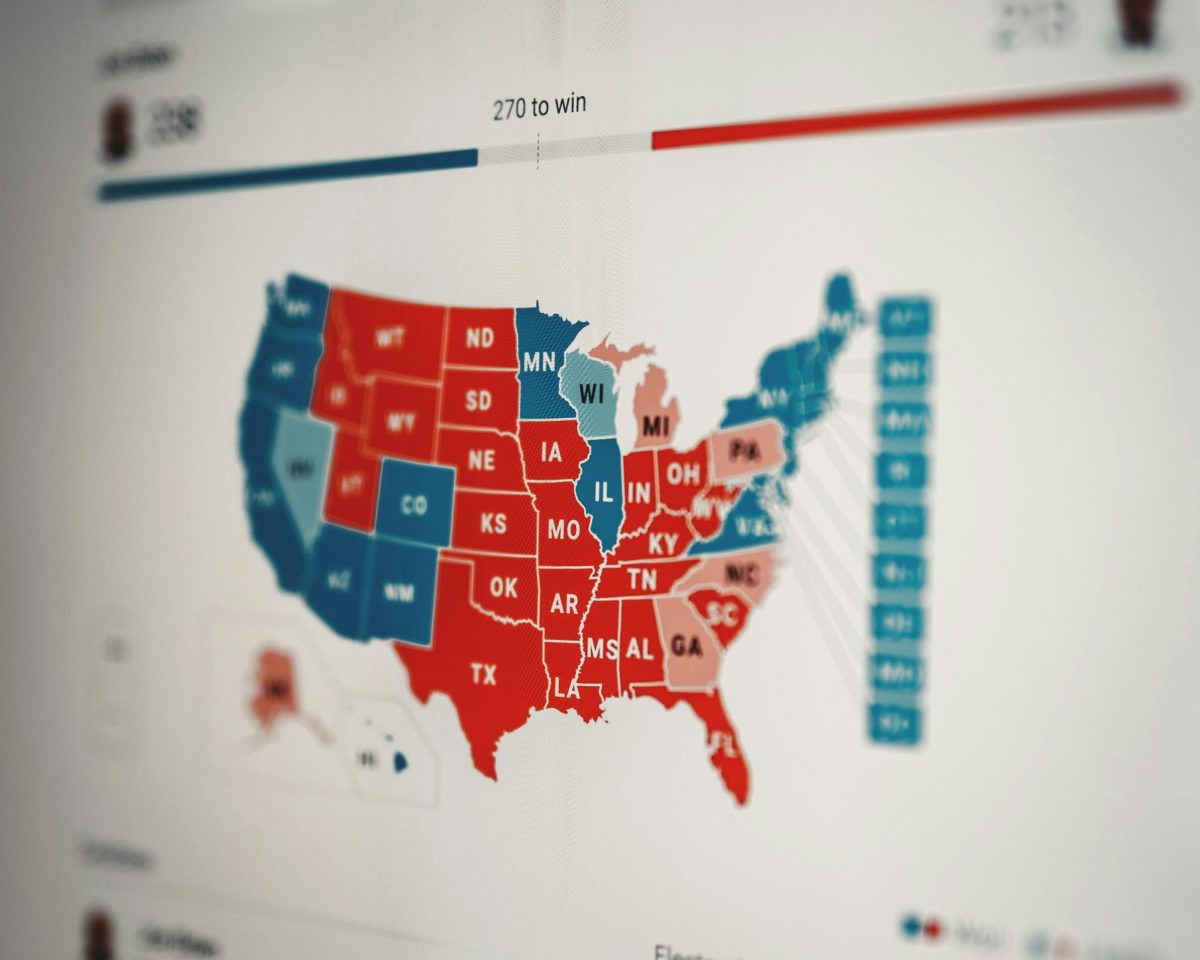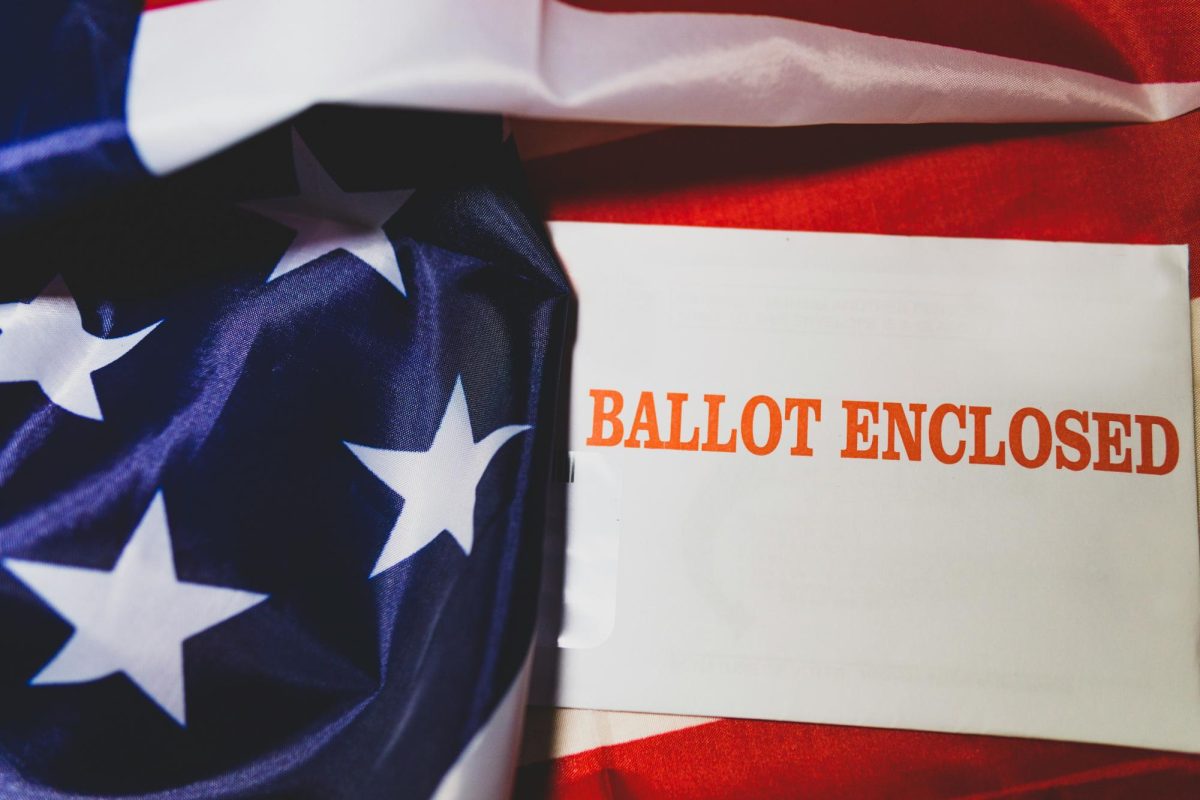Allowing 16-year-olds to vote would undermine the seriousness of civic responsibility considering maturity and many other aspects. The simplest argument is that the vast majority of 16-17-year-olds are still in highschool and too naive to even just grasp the weight of a political decision. Many are distant from politics and haven’t completed any detailed form of education surrounding government or politics, leaving them without the foundation to understand policies on issues such as taxation in their area, foreign affairs, or healthcare. Other forms of education around topics such as government can also be heavily tainted at that age, considering psychology shows that adolescents are objectively more susceptible to peer pressure and emotional decision-making since they haven’t entirely matured. What this means is that a 16-year-old is more likely to cast a vote based on all forms of political socialization such as family, or even influence from social media. As you grow older and recognize your priorities in an election, the urge to educate yourself and make an independent evaluation of facts is objectively easier. Equally concerning is a notorious mindset teenagers express when they claim they’re “too young to care about politics” because it doesn’t directly affect them yet. This view is dangerous on so many levels, mainly because it distances young people from recognizing the role politics plays in their lives on a daily basis. When teenagers grow up believing that politics are irrelevant, they risk becoming adults who remain detached from all civic participation, leaving themselves out of representative population of America. Rather than lowering the voting age and reinforcing this disconnect, I believe there should be a shift in focus onto educating young people first, specifically on the affects of politics so that later in their lives, they can be confident that their voices are strengthening democracy with every vote.
It is debatable that lowering the voting age to 16 could promote autonomy by giving educated and motivated teens the option to participate if they choose. While that may sound empowering, I still believe voting should remain tied to adulthood, since the majority of 16-year-olds lack the maturity and real-world experience needed to make fully informed decisions.

